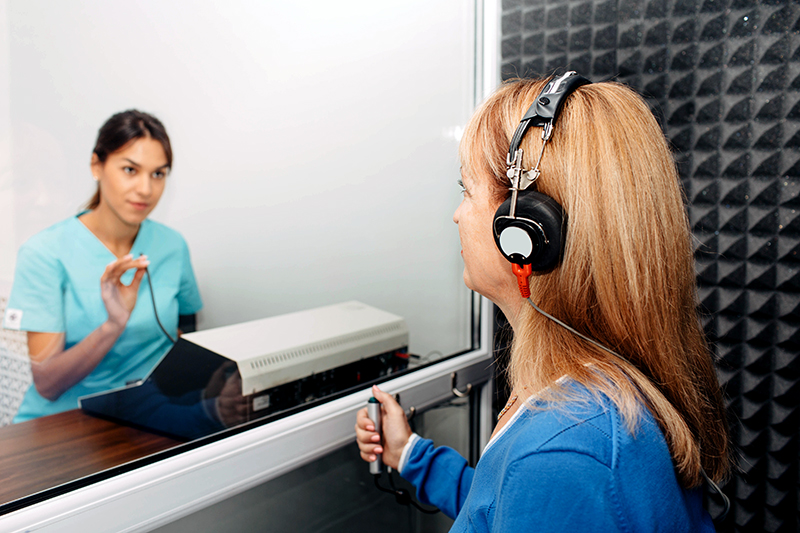 Auditory Processing Disorder (APD) is an important topic that merits attention and understanding. Auditory processing refers to the brain’s capacity to recognize and interpret sounds in various environments, including tones, speech, and music. This capability plays a crucial role in effective communication and overall auditory perception.
Auditory Processing Disorder (APD) is an important topic that merits attention and understanding. Auditory processing refers to the brain’s capacity to recognize and interpret sounds in various environments, including tones, speech, and music. This capability plays a crucial role in effective communication and overall auditory perception.
Understanding Auditory Processing Disorder
Auditory Processing Disorder (APD) is a condition distinguished by an incapacitated ability of the brain to process and interpret sounds. This impairment can arise from a variety of factors, including hearing loss, attention disorders, autism spectrum disorder, or head trauma. Understanding these underlying causes is essential for effectively addressing and supporting individuals affected by APD.
Symptoms may include:
• Challenges in remembering verbal communication
• Problems understanding speech in environments with background noise
• Trouble comprehending complicated instructions
• It is important to note that additional symptoms may vary from person to person
Children with APD
Auditory processing disorders (APD) can impact individuals of all ages, including both children and adults. In children, these disorders may often be misdiagnosed as other conditions, such as ADHD (Attention Deficit Hyperactivity Disorder), ADD (Attention Deficit Disorder), or other learning disabilities. APD can create significant challenges in a child’s ability to focus, read, write, and comprehend verbal instructions, particularly in environments with background noise, such as classrooms. Furthermore, children who are born prematurely or those exposed to alcohol, drugs, and other toxins in utero may have an advanced risk of developing auditory processing disorders.
APD and Adults
Auditory processing disorder in adults can exist alone or co-exist with hearing loss or other issues such as stroke or head trauma. Formally diagnosing auditory processing disorder happens through multiple tests explicitly designed for different types of processing, such as the detection or discrimination of numbers, beeps, and words. It is known that in adults with hearing loss, their brain’s natural ability to process sound is diminished, often resulting in a delayed understanding of conversation.
Auditory Processing Disorder Treatment Options
In many instances, the treatment for Auditory Processing Disorder involves hearing devices and engagement in auditory training conducted in person with a qualified speech-language pathologist or through a recognized computer-based therapy program.
Recognizing that each individual’s needs are distinct, a hearing care provider must conduct a thorough assessment to properly fit hearing aids and recommend effective listening strategies for challenging environments. Additionally, the hearing care professional can provide information on supplementary resources that may be beneficial.